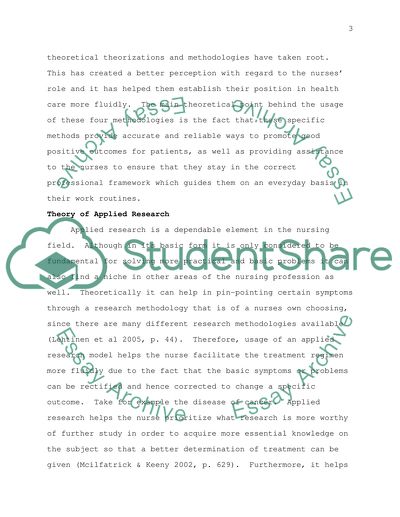Cite this document
(“Qualitative Methodology Practices in Nursing Essay”, n.d.)
Qualitative Methodology Practices in Nursing Essay. Retrieved from https://studentshare.org/miscellaneous/1504193-qualitative-methodology-practices-in-nursing
Qualitative Methodology Practices in Nursing Essay. Retrieved from https://studentshare.org/miscellaneous/1504193-qualitative-methodology-practices-in-nursing
(Qualitative Methodology Practices in Nursing Essay)
Qualitative Methodology Practices in Nursing Essay. https://studentshare.org/miscellaneous/1504193-qualitative-methodology-practices-in-nursing.
Qualitative Methodology Practices in Nursing Essay. https://studentshare.org/miscellaneous/1504193-qualitative-methodology-practices-in-nursing.
“Qualitative Methodology Practices in Nursing Essay”, n.d. https://studentshare.org/miscellaneous/1504193-qualitative-methodology-practices-in-nursing.


